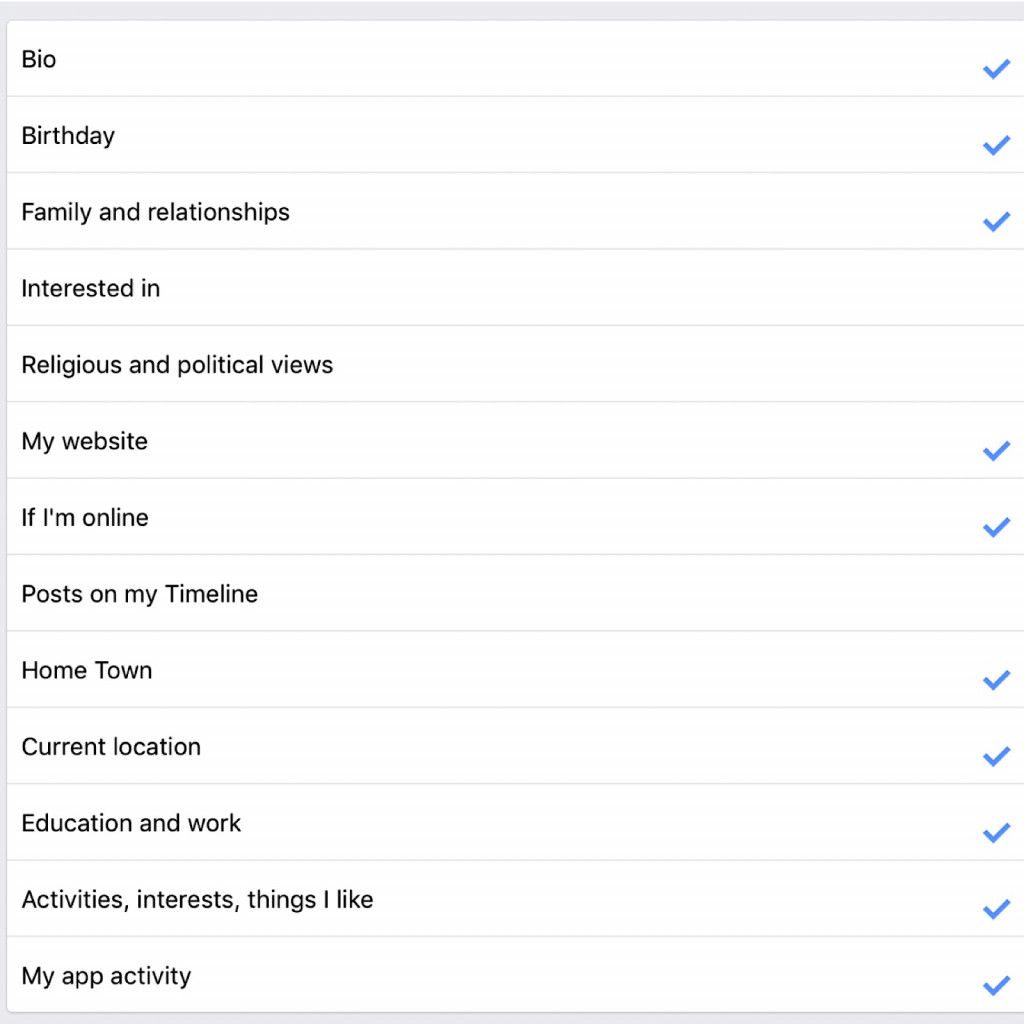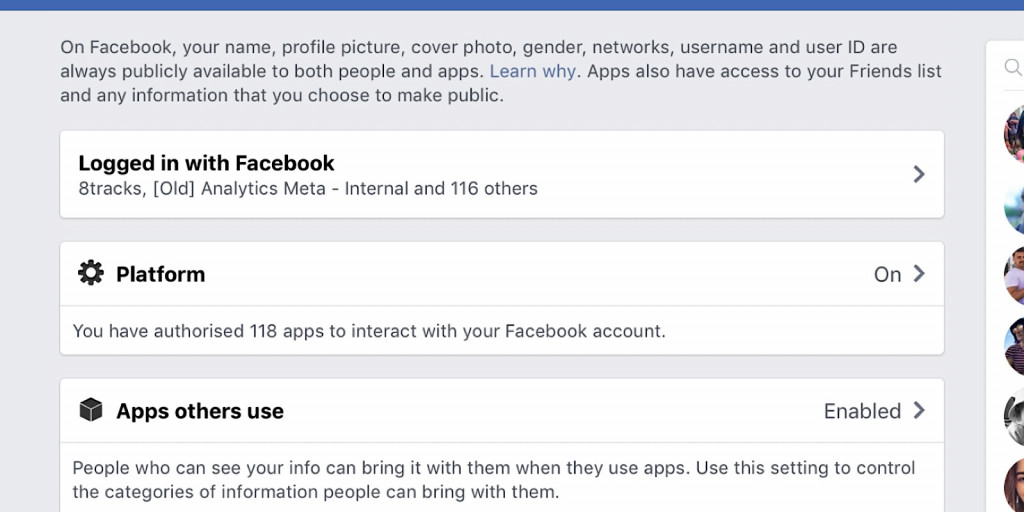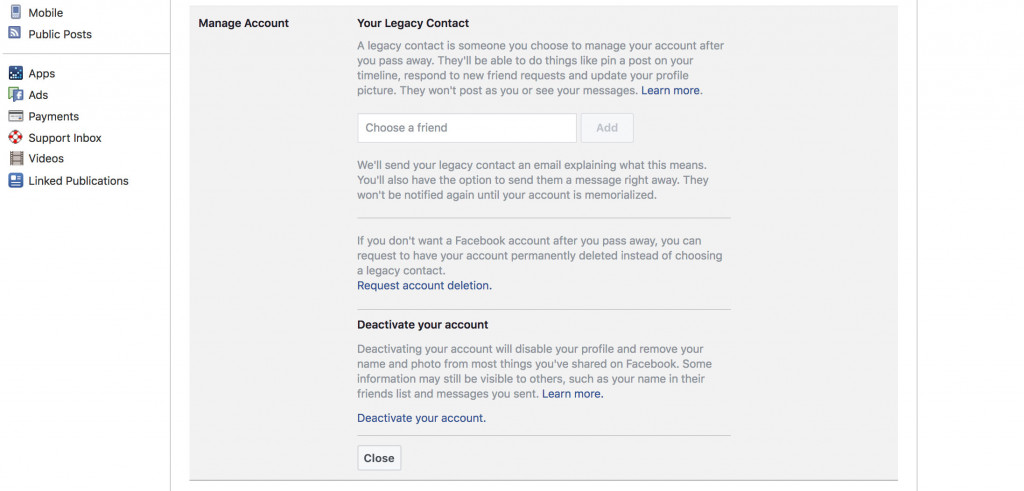One of Facebook’s apps has been doing something naughty, and now your life might potentially be tracked by something you don’t want. So should you stay or should you go, or is the issue a bit deeper than that?
Some of the most serious tech news this week hasn’t hit just technology websites, but news websites across the board, as an investigation into Facebook and how much information it has on its users has revealed one company used its Facebook connection a little too much.
If you’ve heard the name “Cambridge Analytica” this week, then Facebook is what it refers to, with this little known company using the massive social network to access private data of its users and their friends. Initially, the application used by Cambridge accessed a good 270,000 people, but because people tend to have lots of friends, it then hooked its way into more people, sitting at about 50 million.
Understandably, people store a lot of information on Facebook. It might be your name and age for a few people, but there’s a good chance your likes, dislikes, location, and quite a few pictures are online as well. Algorithms can mine and sort through much of this, and then be used for something else: predictions.
Simply put, this information was used to build profiles on people, so much that it could be used to predict how they might respond to various situations, and while it might seem innocuous, it may have had a hand in the US election.
The problem, however, isn’t just that a company may have gained access to information about you and built a profile. Rather, the problem is that Facebook may have let them do it, and while the social network has programming interfaces to make this happen, and terms and conditions to help reduce the damage from excess information mining, in this instance, Facebook might not have monitored the activities, and left application developers free to mine until they got caught.
For the moment, that’s what’s happening, and Facebook is being looked into with the possibility of fines. The social network has announced that it will be making changes to its platform to prevent future abuse, strengthening the rules considerably and stopping your data from being able mined to the level it was by Cambridge Analytica.
But while Facebook is looking to repair the damage and help people feel at ease, quite a few people have wondered whether it’s worth keeping their Facebook account around.
So, should you stay or should you go?
Stay
Staying on Facebook is easy, but while the changes to the platform should make it harder for companies to take your data, you can limit their access with your settings.
In the “apps” screen of the settings section, you’ll find a list of apps logged in using Facebook. Some of these may be there to give you quick access to services, but there’s a good chance that there are more apps connected to you on Facebook than you realise, and this screen can reveal all of them.
This works on the website and on the app, and you can edit the permissions of these apps by switching things on and off.
Some of these may seem basic like name and birthday, but others may look at where you live, your images, your work history, and so on. Fortunately, you can turn limit what goes out by turning the app’s abilities on and off.
Controlling this will give you a bit of comfort, but the developer may still have access to your info, so if you’re not happy, send them a message and ask for your data to be removed.
Before you’re done, there’s another section worth checking out, and it’s “Apps Others Use”, which shares specific parts of your information with apps they may use.
Switch features on and off here, and stop the apps of friends from seeing information you don’t want accessed.
With that done, you can stay on Facebook and let its security teams do their jobs and prevent another calamity. From here on out, however, be sure to keep a close on the apps you install on Facebook and the services that connect to it, sharing only what you want to share and not everything you don’t.
Go
It’s cool, we get it, and we suspect Facebook does, too. Quite a few people plan to go, and there’s even a #deleteFacebook movement whereby people are dumping the account, killing things, and moving on from Instagram because it too is owned by Facebook.
Facebook deletion, however, exists in two forms, and one may be more suitable for you than others.
First there’s Facebook deactivation, meaning you won’t lose all your files and updates forever, and your timeline and profile will essentially be deactivated until you decide to reactivate it.
Facebook deactivation feels suited to the individual that believes they may want to come back to Facebook later on, and that their deletion won’t necessarily be a full-time thing. Maybe you want to join the movement, but would like to come back later, deactivation is for you, and you’ll still be able to see old messages, too.
Doing so is easy, and you can find it in the “Deactivate your account” under General Account settings.
Deletion is a little more difficult, with a specific link needed to the delete page, like the one below:
Only press this link if you really want to delete your Facebook page.
Before you do that, make sure to download an archive of your Facebook data, which you can find below the link to deactivate your Facebook account.
Will we be deleting our Facebook account?
Short answer: no. Long answer: still no, and there are great reasons as to why.
While it’s clear some companies have turned Facebook into a massive marketing engine for their own possibly nefarious purposes, Facebook serves as one of the best ways to connect with people online.
You can find your friends, your family, your old teachers and school-chums and so on and so on. You have relatives on it, and you can track the progress of people from as early as birth to later in life.
Facebook is one of the ways we connect, and while some might call it a bit of a drug, any service and application can get that way, losing time to it no different to how you might get addicted to TV.
So no, we won’t delete our Facebook account, as it keeps us connected. But like a lot of people, we will be going through our apps and working out what needs to be tracking, logging, collecting, and transmitting data. That feels like the safe way to keep Facebook in our lives, and remain connected to other people who use the platform.










